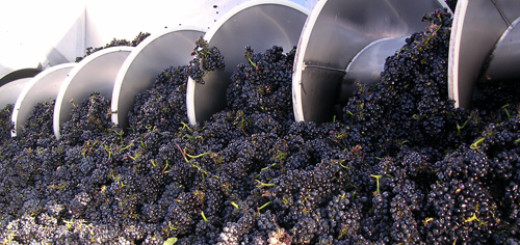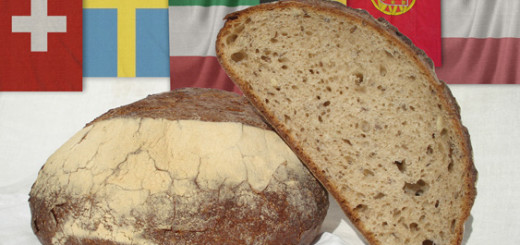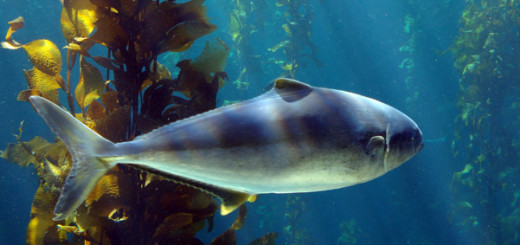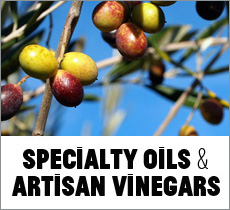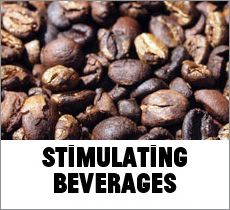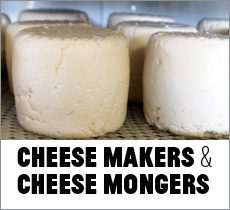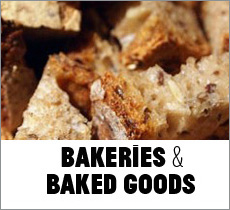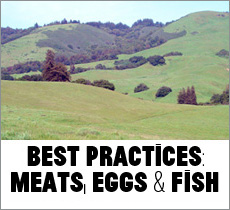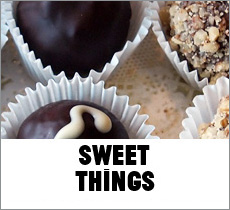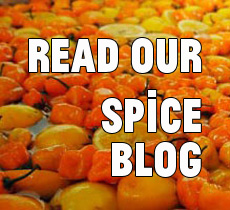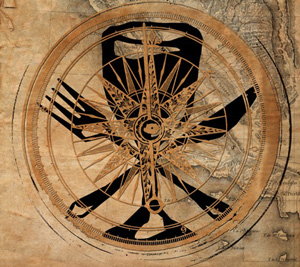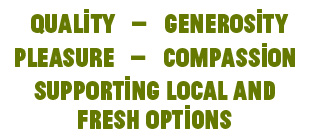The Trip
Haute cuisine comes in for some gentle mocking in Michael Winterbottom’s film The Trip (2011) about a foodie road trip with adversarial traveling companions, British actors Rob Brydon and Steve Coogan. Accidental and half-hearted foodie Coogan longs for some company on a tour of the Lake District and the Yorkshire Dales that he must make for a (fictional) Observer piece on foodie destinations in Wordsworth and Coleridge country. Sans his foodie ex-girlfriend who set up the gig, Coogan can’t find anyone to join him on a week of free gourmet food at some of the best restaurants in the north.
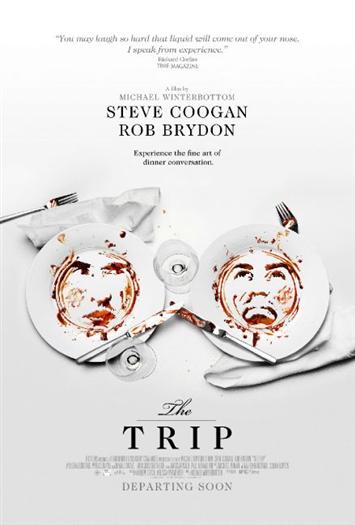 The name at the bottom of his preferred companion list reads “Rob Brydon,” his costar in Tristram Shandy: A Cock and Bull Story (2006) where both actors also played adversarial versions of themselves in that film-within-a-film. From the first scene above macro-urban London when Coogan ambivalently yet hopefully extends his invitation, the dysfunctional nature of their relationship becomes clear. During the tour, Brydon—the more pleasant and playful of the two—attempts to be productive and focused on the task of reviewing foodie destinations throughout the north of England as well as enjoying and taking in the scenery. Coogan, the unhappier half of the pair, struggles with near constant feelings of competitiveness against Brydon on the comedic-dramatic-impressionistic battlefield where much of this film takes place. They are playing loose versions of themselves in this film as they amp up the humor and try (or not) to make us laugh.
The name at the bottom of his preferred companion list reads “Rob Brydon,” his costar in Tristram Shandy: A Cock and Bull Story (2006) where both actors also played adversarial versions of themselves in that film-within-a-film. From the first scene above macro-urban London when Coogan ambivalently yet hopefully extends his invitation, the dysfunctional nature of their relationship becomes clear. During the tour, Brydon—the more pleasant and playful of the two—attempts to be productive and focused on the task of reviewing foodie destinations throughout the north of England as well as enjoying and taking in the scenery. Coogan, the unhappier half of the pair, struggles with near constant feelings of competitiveness against Brydon on the comedic-dramatic-impressionistic battlefield where much of this film takes place. They are playing loose versions of themselves in this film as they amp up the humor and try (or not) to make us laugh.
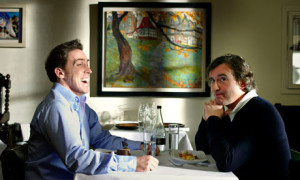
Rob Brydon laughs, Steve Coogan winces
Dueling Michael Caine impressions fly across the plates of beautifully styled food, restaurant reviews are read in the voice of Anthony Hopkins for added gravitas, and the stammer of Hugh Grant repeatedly comes out of Brydon’s mouth, usually when making a food porn observation. The film not only captures a silly, sometimes combative version of dinner conversation between comedic actors but it also provides insight into what the British public school system teaches of its homegrown literary inheritance. Brydon in particular revels in the chance to perform poetry and cop voices of the notable and famous at every chance he gets.
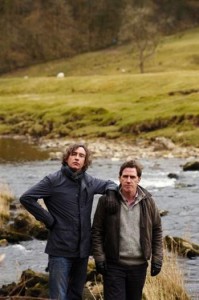
Northern England’s pretty scenery is a character in this film, too
Before it was a film, this story of Coogan and Brydon entertaining, battling, and counseling each other across the north country was a six episode weekly television comedy-reality show. With the reality show as the first draft, the film’s creators selected some of the better laughs and wove them into a story that spans six consecutive days rather than six weeks. The repartee never stops between these interesting, annoying men who would separately and together drive me crazy if I had the bad luck to accompany them on a road trip. Take note: be careful in your choice of traveling companion because you are doomed to share meals, wine, and a traveling conveyance. There are several moments when these chaps share a laugh with each other at no one’s expense, but these congenial moments are rare in a film compelled forward by competition. The film offers silly and often cheap humor, but folks laughed throughout at The Palm Theatre screening we attended.
[Coogan, in a commanding voice:] “Gentlemen! To bed, for we rise at nine-thiiirty!”
[Brydon:] “-ish!”
Among all the impressions, witticisms, and verbal sparring that these two men engage in as they drive to various fancy British foodie destinations like Michelin-starred L’Enclume in Cartmel and Hipping Hall in Kirkby Lonsdale, the food serves as the narrative glue that brings these characters together, although they sometimes pay less attention to the artistic meal before them than their next joke. Occasionally, they openly mock the kitchen’s efforts. One glass of a green liquid substance with a white (ginger?) foam on top came in for especial comedic critique for its texture—“like snot”—although the flavor was good. Silly and mildly gross British humor about funny men and their various midlife crises.
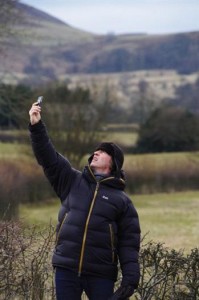
Can you hear me now? Hello?!
Brydon and Coogan mock the bombast and contradictions of food critics, they snigger at the food styling that makes salt look like a line of cocaine, and they make fun of the food descriptions delivered by a serious Frenchman at L’Enclume as well as the shape and display of the food itself. On the other hand, the food mocks the actors right back by giving them nightmares and lodging masticated particles in their teeth crevices, the unhappy result of aging and receding gums. Coogan’s prodigious ego is delightfully infuriated with the poor cell phone reception in this remote corner of England. As he trudges to the top of another hill to achieve consistent phone reception, grumpy Coogan stomps through a memorable countryside, nearly oblivious. With moments of vulnerability, annoyance, and humor throughout this unusual and funny foodie film, The Trip left us feeling satiated after consuming a couple hours of rapid-fire British humor. However, after experiencing so many impressions throughout the film, we’ve consumed more than enough of our daily (yearly?) requirement. Mr. Spice and I were happy that we weren’t stuck in the back seat of their Range Rover having to listen to the constant performance and combating egos, but it was entertaining to observe it from afar.
The food that brings them together for the trip performs quietly on the table every time they share a meal, so quietly in fact that sometimes the antagonistic diners seem hardly to appreciate the kitchen’s efforts, perhaps like so many movie audiences who might not appreciate an actor’s hard work. Brydon and Coogan reminded me of Sal and Dean from Jack Kerouac’s On the Road and Miles and Jack from Rex Pickett’s Sideways: men who I would never wish to travel with although it might be interesting to share a drink with them. Once.
Recommended
(especially for English majors and those who enjoy British comedy)

